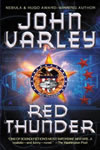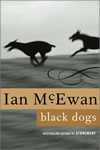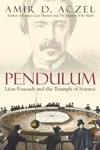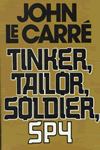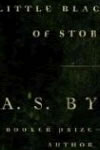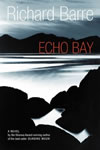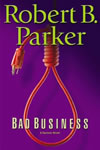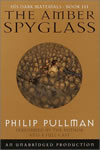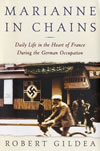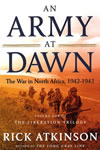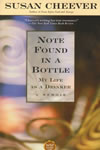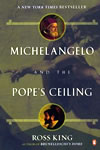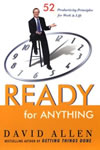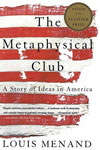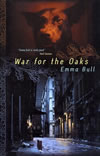Back when I was in grad school, Varley was one of my favorite science-fiction storytellers. He was consistently engaging, provocative, and intriguing. He got the science right, he respected his characters, and he created some really interesting women. We used to wonder if Varley might be another Tiptree. Nobody offered long odds either way, but we all had read some Varley.
And then he was gone. Fled to Hollywood, people said. One ill-tempered and unreadable book, then nothing for years.
Red Thunder is the old Varley of "Picnic on Farside" and "The Barbie Murders". This is a romp, plain and simple: "my dad has an empty barn, let's all get together and build a Mars ship." Varley hasn't lost his flair, the women are still nicely drawn, the science (with one really embarrassing blunder about logarithms and exponentials) is sound enough to not get in the way, and there's an important, underlying idea: we might well be approaching a period where amateur-scale resources could support serious science and engineering. It's not going to work with spaceships, I think, but it already works with computing and might well work with genetics and biochemistry.
It's not a perfect effort, With buckets and buckets of exposition to get out of the way, some of the exposition is bound to be handled clumsily, and here I'm not convinced all the exposition is buying anything. This may be a generation shift: now that everyone has a computer, I think that anyone who really cares about 1G trajectories to Mars can work it out themselves, and the people who can't fire up a spreadsheet or Mathematica will probably take your word for it. You still have to buy your science -- you just can't get away with silly doublespeak -- but you don't need to buy the calculations.
The copyright pages says 2003 but I wouldn't be surprised if the book had been in a drawer for a decade or so: the backdrop is a space race (against the People's Republic of China) pretty much presupposes that the Reagan Era cold war would continue indefinitely. There's a level of endearing American jingoism that Abu Ghraib will, I suspect, render untenable for years to come. I might be wrong, but I bet that Iraq is going to create a new New Wave to cap the recent storrings of a new science fiction Golden Age.
Or maybe it's just Varley, and he'll dust of the rust and we'll have some truly wonderful new things any moment now. Meanwhile, this is great for your next plane trip.
June 10, 2004 (permalink)
